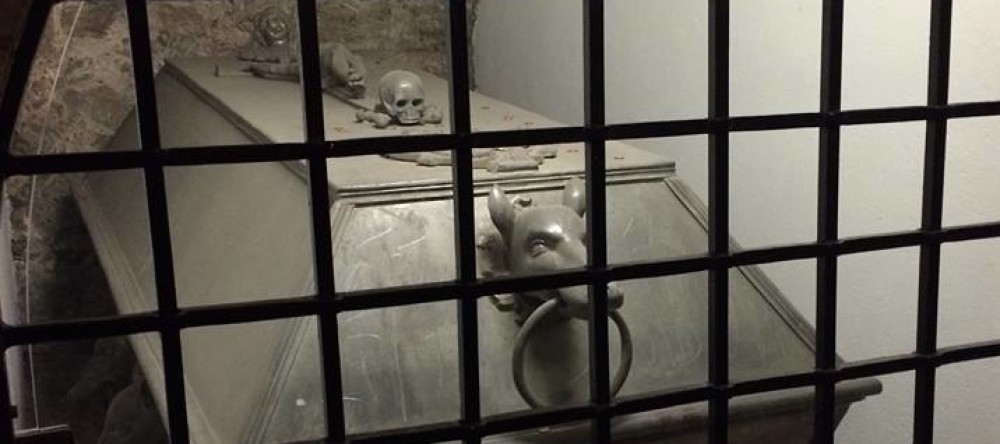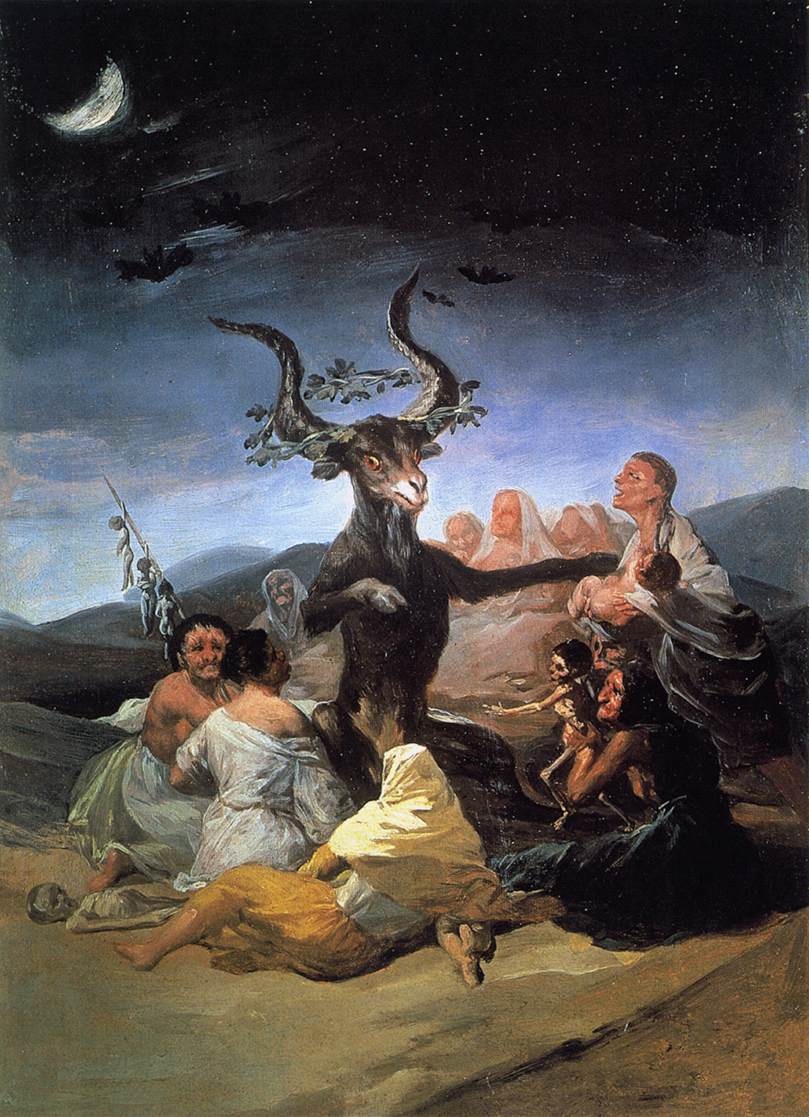During what is known as the Little Ice Age, the grip of freezing weather, failing of crops, rising crime, and mass starvation resulted in an increasing fear of witches. On the request of German inquisitor Heinrich Kramer, Innocent VIII issued the papal bull known as Summis desiderantes(5 December 1484), which supported Kramer’s investigations against magicians and witches:
- “It has recently come to our ears, not without great pain to us, that in some parts of upper Germany, […] Mainz, Koin, Trier, Salzburg, and Bremen, many persons of both sexes, heedless of their own salvation and forsaking the catholic faith, give themselves over to devils male and female, and by their incantations, charms, and conjurings, and by other abominable superstitions and sortileges, offences, crimes, and misdeeds, ruin and cause to perish the offspring of women, the foal of animals, the products of the earth, the grapes of vines, and the fruits of trees, as well as men and women, cattle and flocks and herds and animals of every kind, vineyards also and orchards, meadows, pastures, harvests, grains and other fruits of the earth; that they afflict and torture with dire pains and anguish, both internal and external, these men, women, cattle, flocks, herds, and animals, and hinder men from begetting […]”
Pope Innocent’s statement also includes a warning against sexual encounters with demons. It was thought that a succubus collects semen from the men she seduces. The incubi or male demons then use the semen to impregnate human females, thus explaining how demons could apparently sire children despite the traditional belief that they were incapable of reproduction. Children so begotten – cambions – were supposed to be those that were born deformed, or more susceptible to supernatural influences. The book does not address why a human female impregnated with the semen of a human male would not produce a regular human offspring. But in some Viking lore the child is born deformed because the conception was unnatural.

